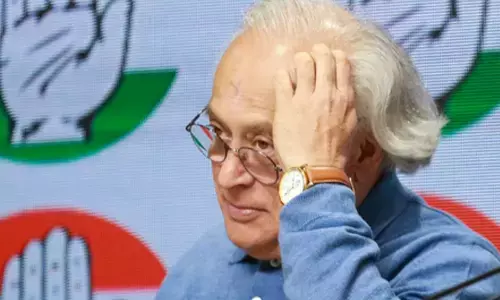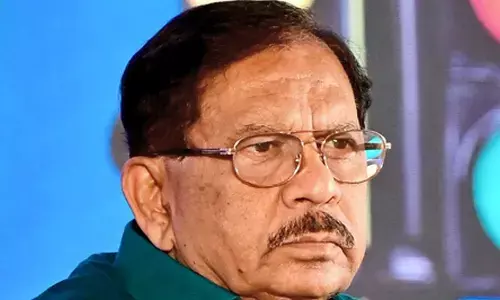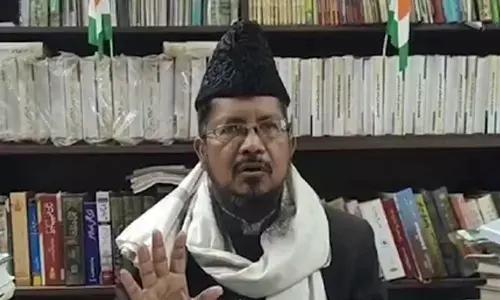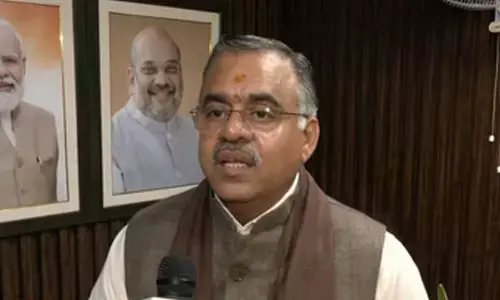An Engaging Read
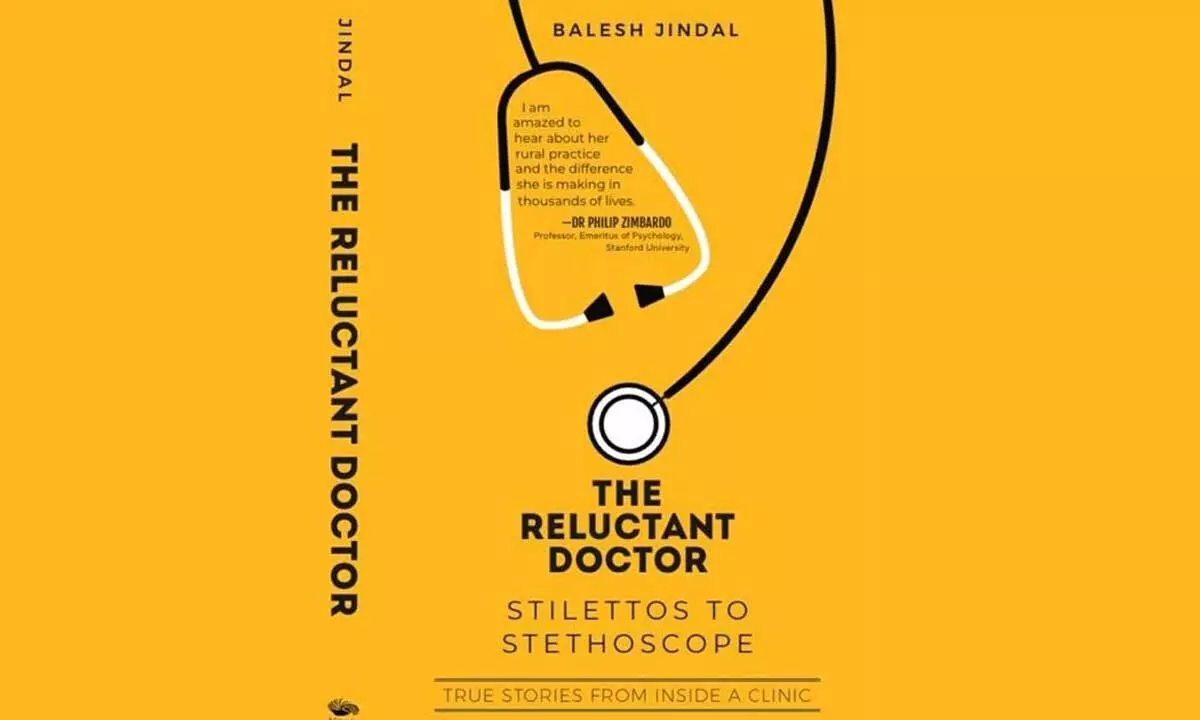
An Engaging Read
‘The reluctant doctor’ is a memoir by Balesh Jindal in which she dwells upon the initial hiccoughs of embarking upon her journey as a medical practitioner that later paves the way to a lifelong commitment to the service to mankind.
‘The reluctant doctor’ is a memoir by Balesh Jindal in which she dwells upon the initial hiccoughs of embarking upon her journey as a medical practitioner that later paves the way to a lifelong commitment to the service to mankind. When it comes to the field of medicines and doctors, there is a deluge of literature that strives to unfold and demystify the layers of this pious profession. Still, this book has a subtle uniqueness as it lends the readers an engaging insight into the shifting scenario of medical practice in India from the 80s to the present. Here the authors must be applauded whole-heartedly for delineating the metamorphosis through an interesting storytelling attitude rather than the mere deployment of insipid factual details.
The author has quite engagingly expounded on the family dynamics which she observes in the families in the villages and how in India, a family unit is far more important and superior to an individual. We realise that when she was practising as a treating physician, unknowingly, she began to work as a psychological counsellor for many people. The best part of the book is the compassionate attitude about others and much to our gratification, the author, not only as a doctor but as a great human being, also has always been a keen listener, empathetic towards the patient’s problems, non-judgmental even when their actions or decisions do not fall in conformity within the range of her moral compass.
India is where women have been relegated to a corner since immemorial. Even super refined intellectuals like Tennyson and erudite scholars like Aristotle have been biased in their approach vis-a-vis women. Deeply disturbed at the prevailing scenario of this blatant discrimination, the book successfully highlights these gory aspects of life and lays bare the hollowness of our society which has two different moral codes of conduct for men and women.
Another important facet that is brought to light in this book is the ill effects of quackery. The poor and uneducated people do not understand the difference between qualified doctors and quacks. And as a result, the quacks rampantly indulge in several illegal and unethical practices to line their dirty pocket.
If a reader with medical background happens to latch on to this sublime work of literature, He will instantly be transported back to his medical College days, and with each case, He would be impelled to remember some or the other similar incidence.
But here, the fact cannot be refuted that this book does not only cater to the readers hailing from the medical community. It has a broader canvas and thus develops a great affinity with a large segment of readers.
The agrarian culture also comes alive through a doctor’s description. The innocence of the people of the countryside and their vulnerability finds a valued place in the book, which has been couched in easily comprehendible language. A must-read for all!
(The writer is an Internationally acclaimed columnist and Literary critics based at Ferozepur, Punjab)


